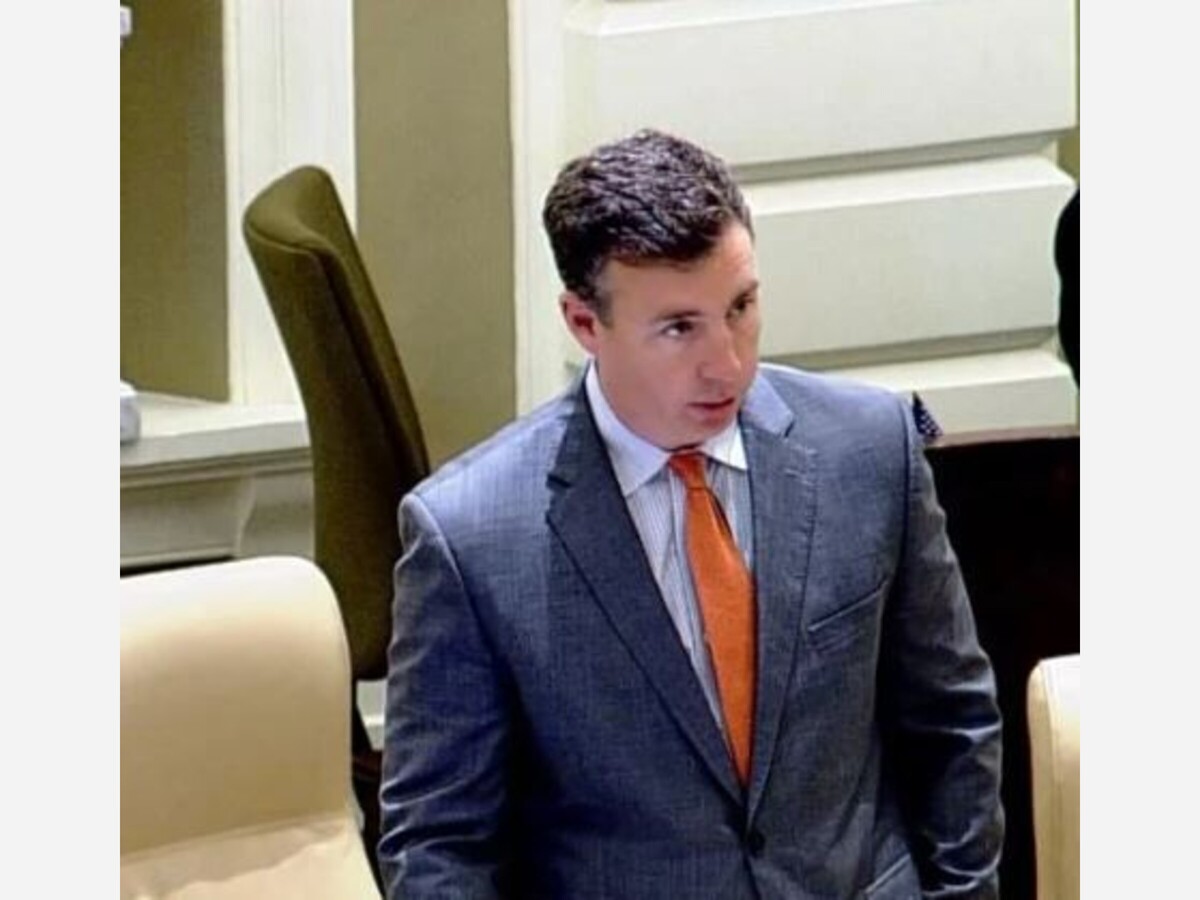Image

Above, Sen. Ryan Fattman of Sutton.
Concerned by rising utility bills and reduced consumer choice, State Senator Ryan Fattman, one of the chamber’s four Republicans, Thursday again put a pause to an attempt to rush a “Climate” bill to passage in the midst of a summer heatwave. In particular, Fattman cited the fact that the bill would place restrictions on access to natural gas, potentially having a significant impact on communities and citizens in central and western Massachusetts.
Fattman exercised his right to lay the bill on the table, which is non-debatable and automatically postpones consideration of a bill until the next session.
Shortly after Fattman made his late-afternoon motion, the Senate adjourned its formal session with plans to meet again Friday. Fattman then did the same that day. In doing so, Fattman earned a measure of say over the Senate plans for the next week, which include consideration of the climate bill Tuesday and likely debate on a housing bond and policy bill later in the week.
"So, I'm going to recite now the understanding that we have with the Republicans, which is there will be no further dilatory motions on that date. The energy bill will be considered on the 25th. And further, we expect no dilatory motions around the housing bill. Senator Fattman, is that our understanding?" Sen. William Brownsberger said from the dais Friday afternoon.
Fattman replied, "Correct."
Motions to lay bills on the table are typically allowed three times in the Senate before Democrats who run that branch consider the motion dilatory, and proceed to debate. Senators also sometimes delay action on a bill by moving to print amendments in the Senate Calendar.
The proposed energy legislation Fattman focused on would also speed siting and permitting for clean energy projects, likely reducing the ability of local citizens, municipalities, or even wildlife advocates to have a say in such matters.
The bill incorporates a package of changes aimed at modernizing and enlarging the electric grid to accommodate more energy from more numerous cleaner generation sources and tweaking how Bay Staters receive power. The expansive bill touches upon the future of natural gas in Massachusetts, electric vehicles, third-party electric suppliers, multistate procurement of clean energy, and utility rates.
The bill also seeks to make the first steps towards addressing so-called "embodied carbon," the term used to describe the greenhouse gas emissions associated at any point with manufacturing, transportation, installation, maintenance and disposal of building and infrastructure materials. It would expand the powers of the Board of Building Regulations and Standards to include the development of uniform standards for the reduction of embodied carbon. The Massachusetts Climate Action Network, a nonprofit that “seeks to accelerate the equitable decarbonization of buildings and the electricity supply,” has asserted that embodied carbon accounts for between 11 and 23 percent of annual global emissions.